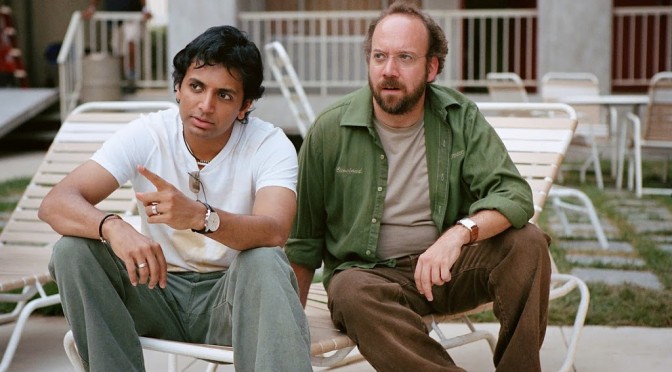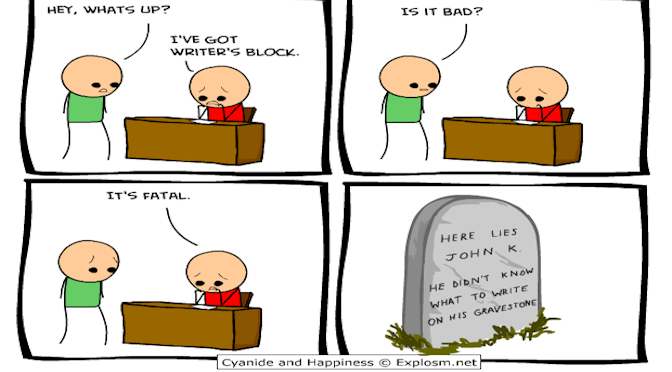As I said on Monday in a lengthy introduction: it’s impossible for an author to remove themselves completely from their own work. No matter what you do, you’re going to bleed into it and people are going to be able to see what you think and feel about subjects through how you portray them in the things you’ve written.
Sometimes it can be incredibly subtle, left up for interpretation throughout the ages. But for others it can be painfully obvious. At this point we reach a stage where someone does what we call “soap boxing” or, worse, the dreaded Mary Sue insertion. As much as you want people to know you through your writing, you also want to let them have their own experience and come to their own conclusions. A good writer will have a message and a theme in their work, a great writer will guide the reader into discovering it for themselves.
So how does someone stay true to themselves without overwhelming the work and bogging it down with their own personality?
Continue reading Don’t Kill The Messenger: 4 Tips To Avoid Soap-boxing












